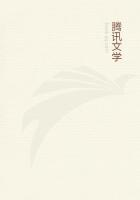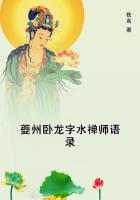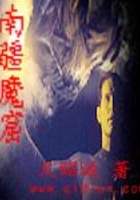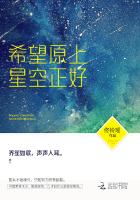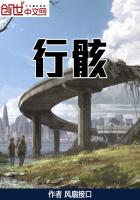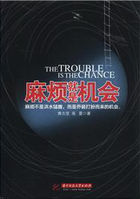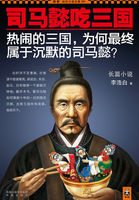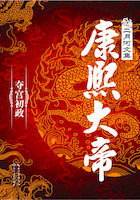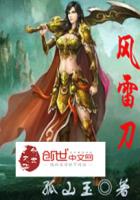As a means of ensuring to Rome the most prominent place in the revival, agents were dispatched to Greece, Turkey, Germany, France, and even to Sweden and Norway, to hunt for manuscripts. No expense was spared to secure everything that could be purchased or to have copies made where purchase was impossible. In order to preserve these treasures and make them available for scholars the Vatican Library was undertaken by orders of the Pope. Though long before this time the library of the Popes was of considerable importance, yet on account of the immense number of volumes produced by Nicholas V. he is generally regarded as the founder of the Vatican Library. The number of volumes which it contained at the time of his death is variously estimated at from one to nine thousand. The works of the Fathers of the Church, and the Scholastics and Canonists were well represented.[9]
After the death of Nicholas V. the Pagan side of the Humanist movement became more and more apparent. Pius II. (1458-64), who, as Aeneas Sylvius, was well known as a clever writer of the Humanist school, seems as Pope to have been decidedly suspicious of his former friends.
His own private library was filled with Christian authors, and care was taken to show favour only to those classical scholars whose writings were above reproach. Yet the cares of his office and the promotion of the crusade on which he had set his heart prevented him from taking the necessary steps for the purification of his court, and, as a result, many of the members of the College of Abbreviators were allowed to remain in office though they were really Pagan at heart. Paul II. could not tolerate such a state of affairs. He promptly abolished the College of Abbreviators, suppressed the Roman Academy, and arrested its two prominent leaders, Pomponius Laetus and Platina.
If Paul II. erred on the side of severity some of his successors went to the other extreme of laxity. The period of the political Popes, from Sixtus IV. to Julius II. (1471-1513), was marked by a serious decline in the religious spirit, nor can it be said that the policy of the Popes was calculated to check the downward tendency. Their attention was occupied too much by the politics of the petty Italian States to permit them to fulfil the duties of their high office; and, as a consequence, the interests of religion were neglected. Sixtus IV.
adopted the friendly attitude of Nicholas V. towards the Renaissance.
The College of Abbreviators was restored, the Roman Academy was recognised, and Platina was appointed librarian. The manuscripts in the Vatican Library were increased, more ample accommodation was provided, and every facility was given to scholars to consult the papal collection. Hence it is that Sixtus IV. is regarded generally as the second founder of the Vatican Library.
The revolutions and wars, caused by the invasion of Italy by the French and the Spaniards during the closing years of the fifteenth century and the early portion of the sixteenth, dealt a serious blow to Humanism in Florence, Milan, Venice, and other Italian centres. But the misfortunes of those cities served to strengthen the movement at Rome. Julius II. (1503-13) proved himself a generous patron of literature and in a special manner of art. Men like Giuliano da Sangello, Sansovino, Bramante, Michael Angelo, and Raphael were invited to Rome and induced to devote their genius to the service of religion and the glory of the Papacy. On the death of Julius II. in 1513 the complete triumph of the Humanist movement in Rome was assured by the election of Giovanni de' Medici who took the name of Leo X.
(1513-21).[10] As the son of Lorenzo the Magnificent, to whom Florence owes its literary renown, and as the pupil of the celebrated Humanists, Poliziano and Marsilio Ficino, he was committed almost of necessity to the Humanist movement. Scholars and artists flocked to Rome from all sides to greet the new Pope and to assure themselves of his favour and protection. Under the new regime literary merit was the principal qualification sought for in candidates aspiring to the highest ecclesiastical honours. The Roman University was reorganised;the search for manuscripts was renewed with vigour; a new college for the promotion of Greek studies in Rome was founded, and the services of Lascaris and Musuro were secured; and artists like Raphael and Bramante received every encouragement. Humanism was at last triumphant in Rome, but, unfortunately, its triumph was secured at the expense of religion. Nor was Humanism destined to enjoy the fruits of the victory for a lengthened period. The outbreak of the Reformation and the capture of Rome by the soldiers of Charles V. turned the attention of the Popes to more pressing concerns.

